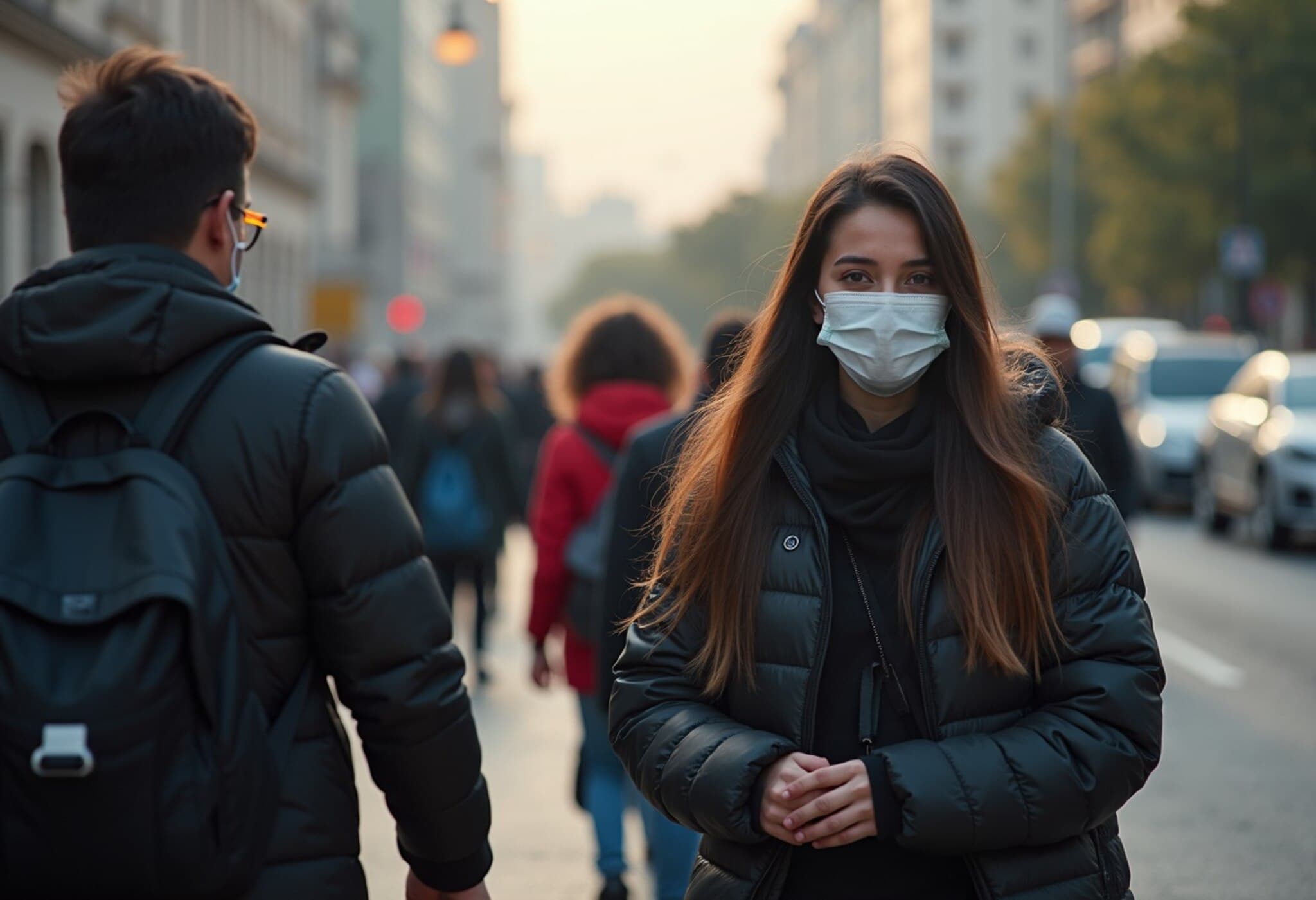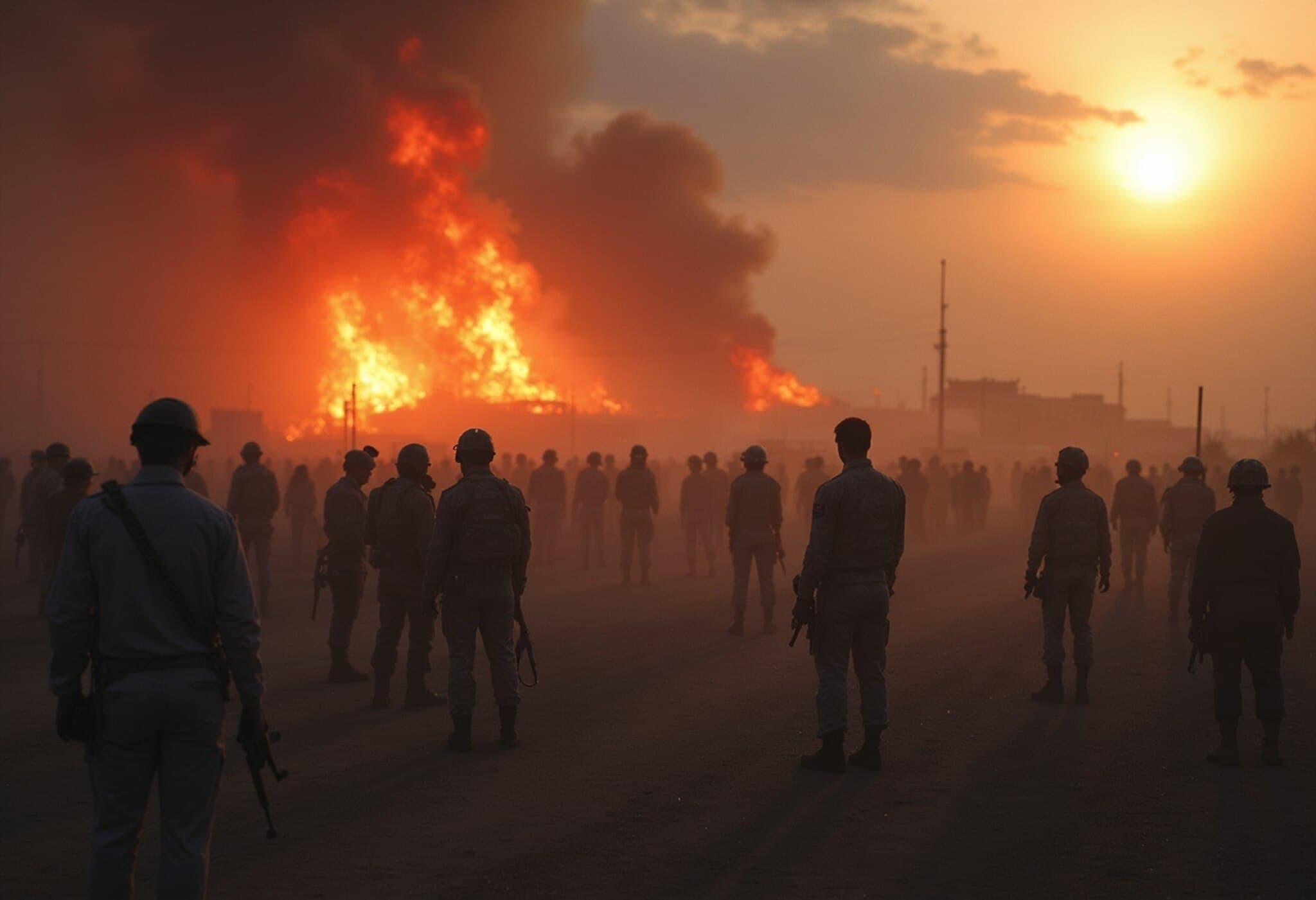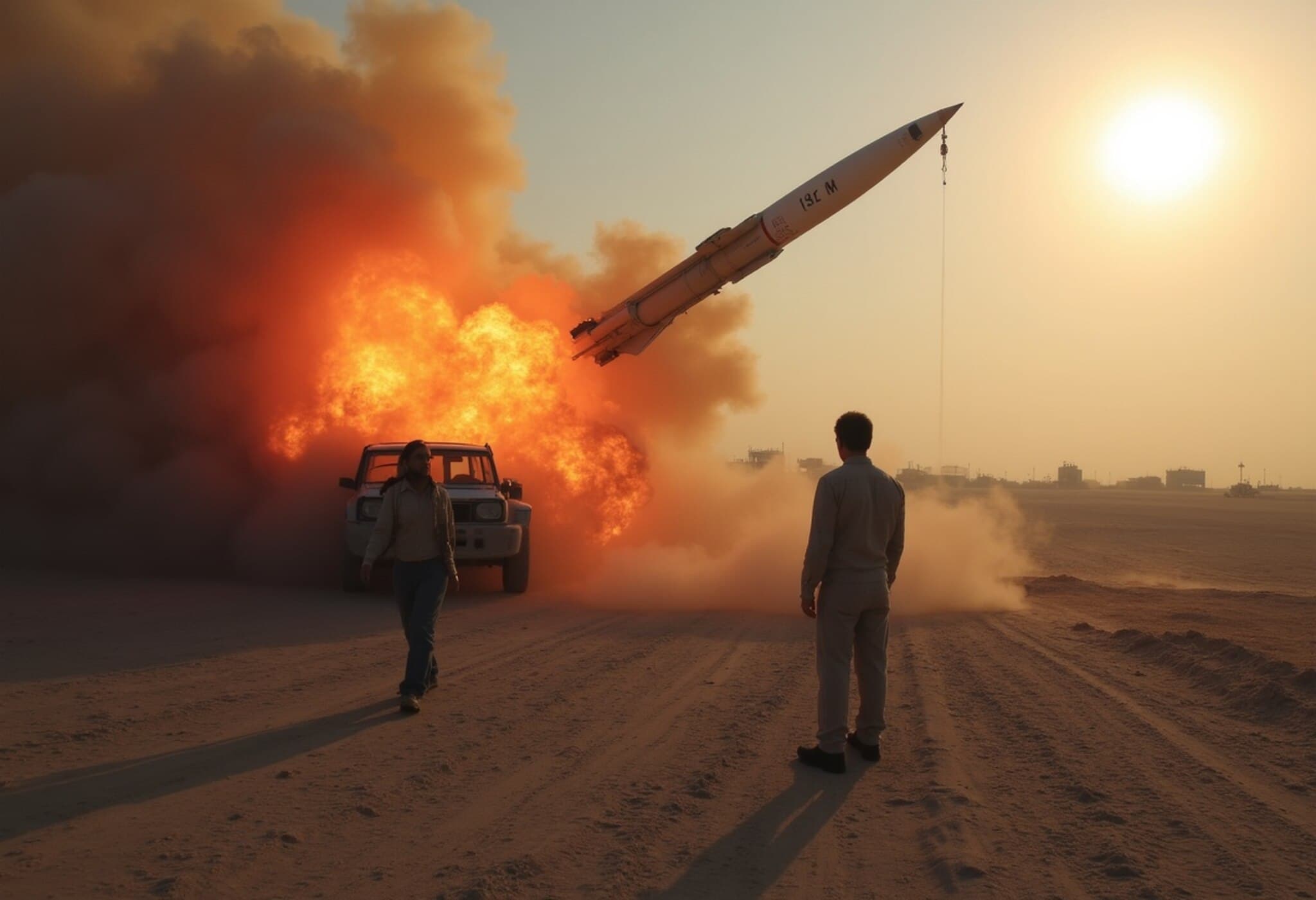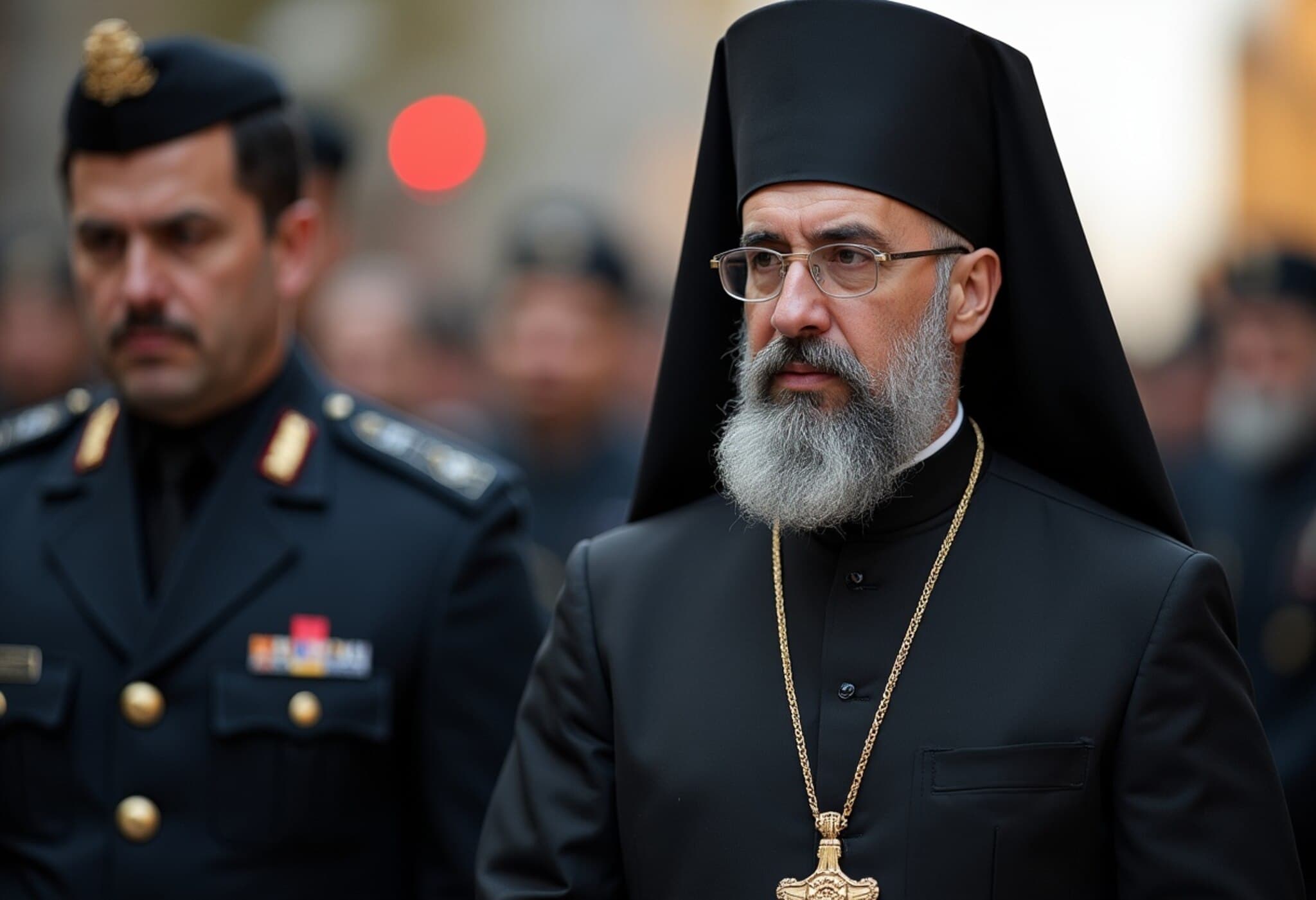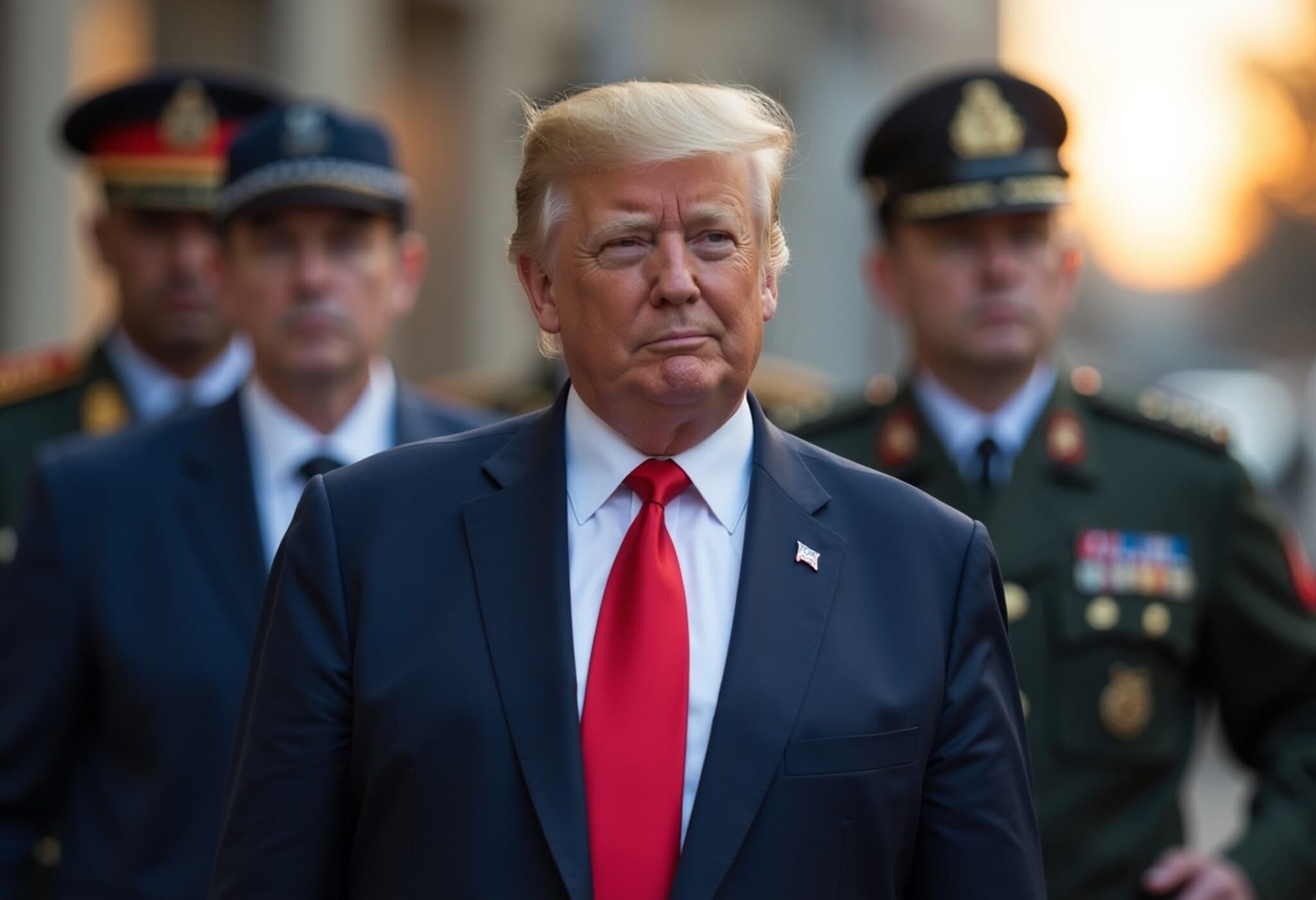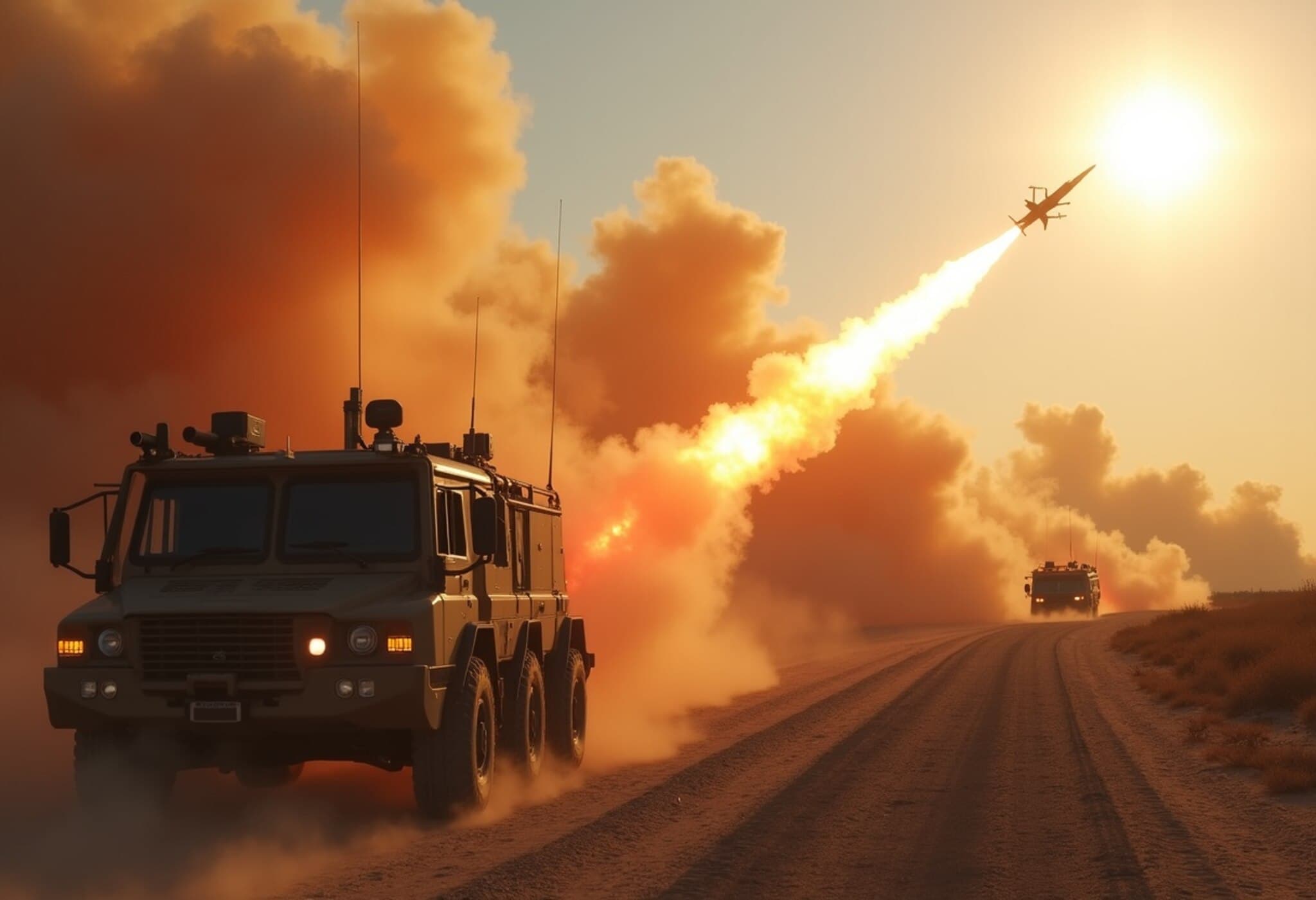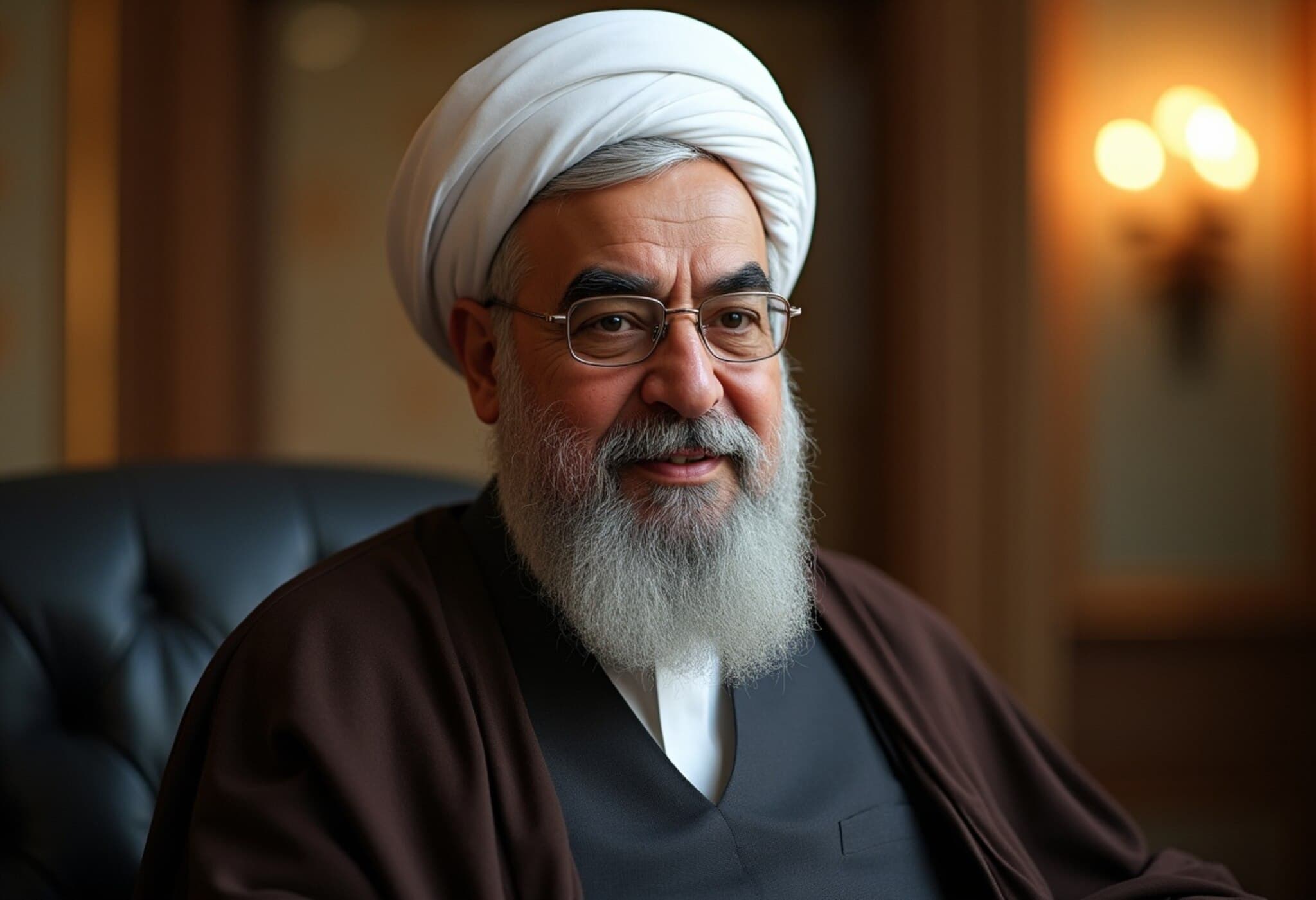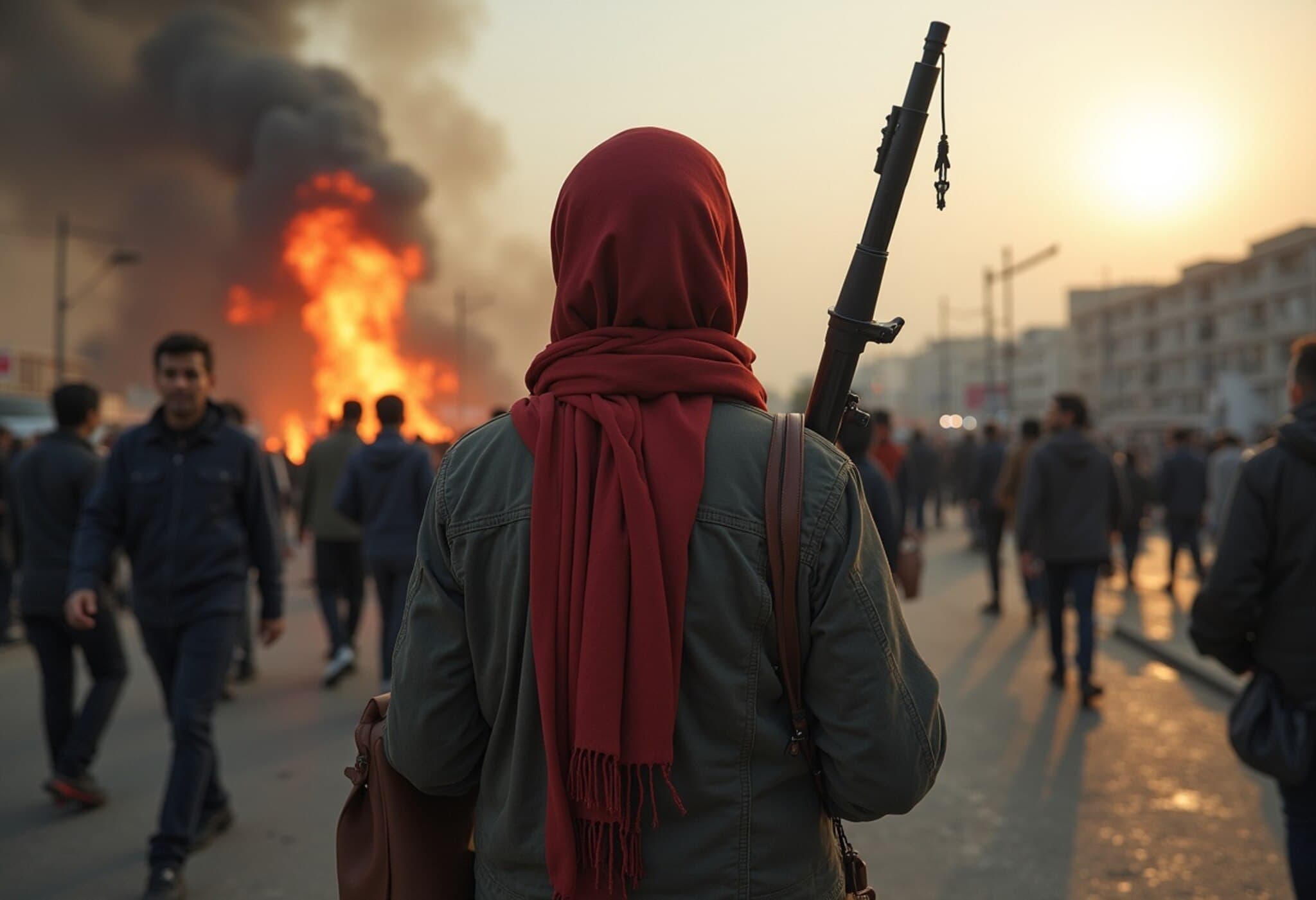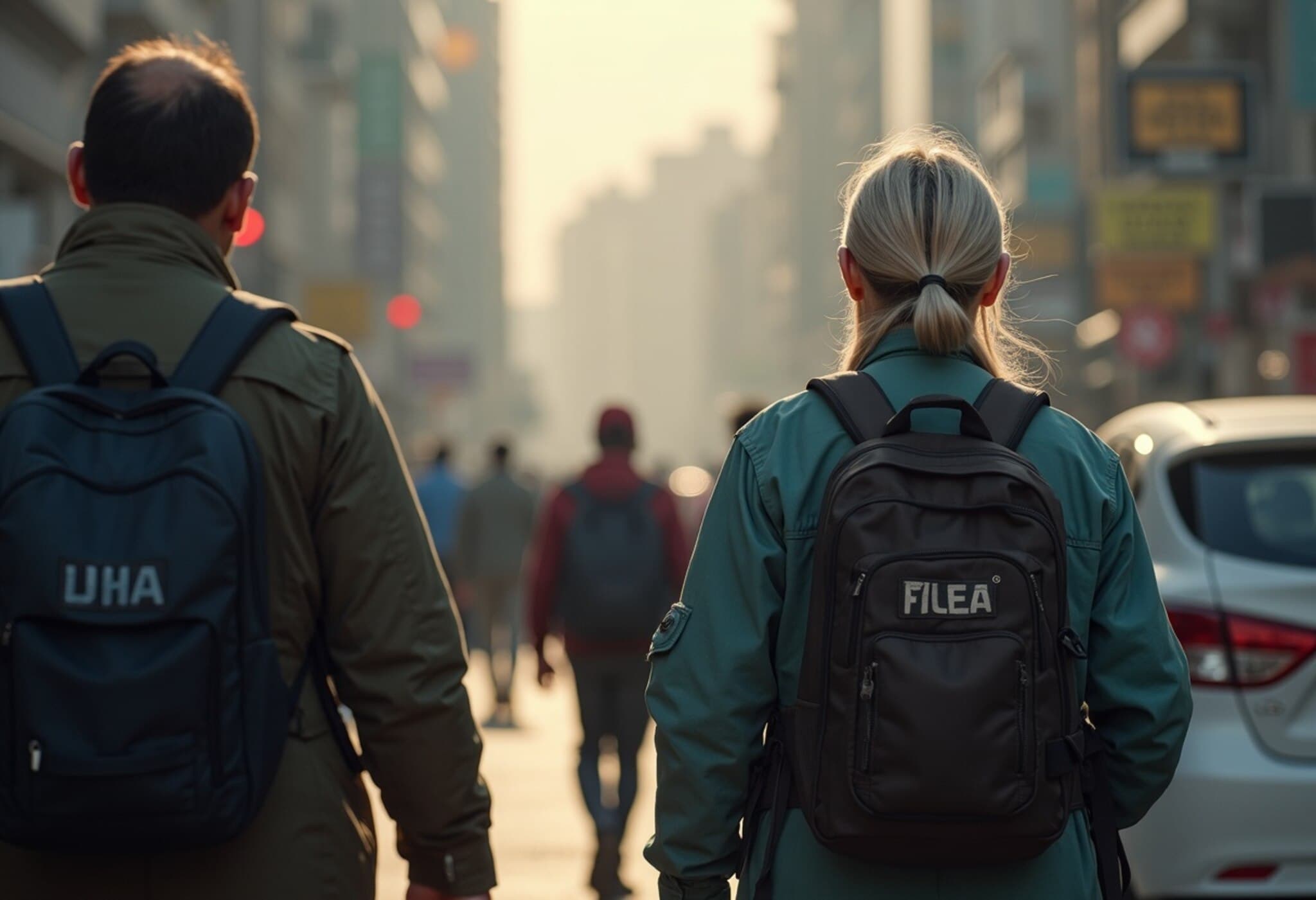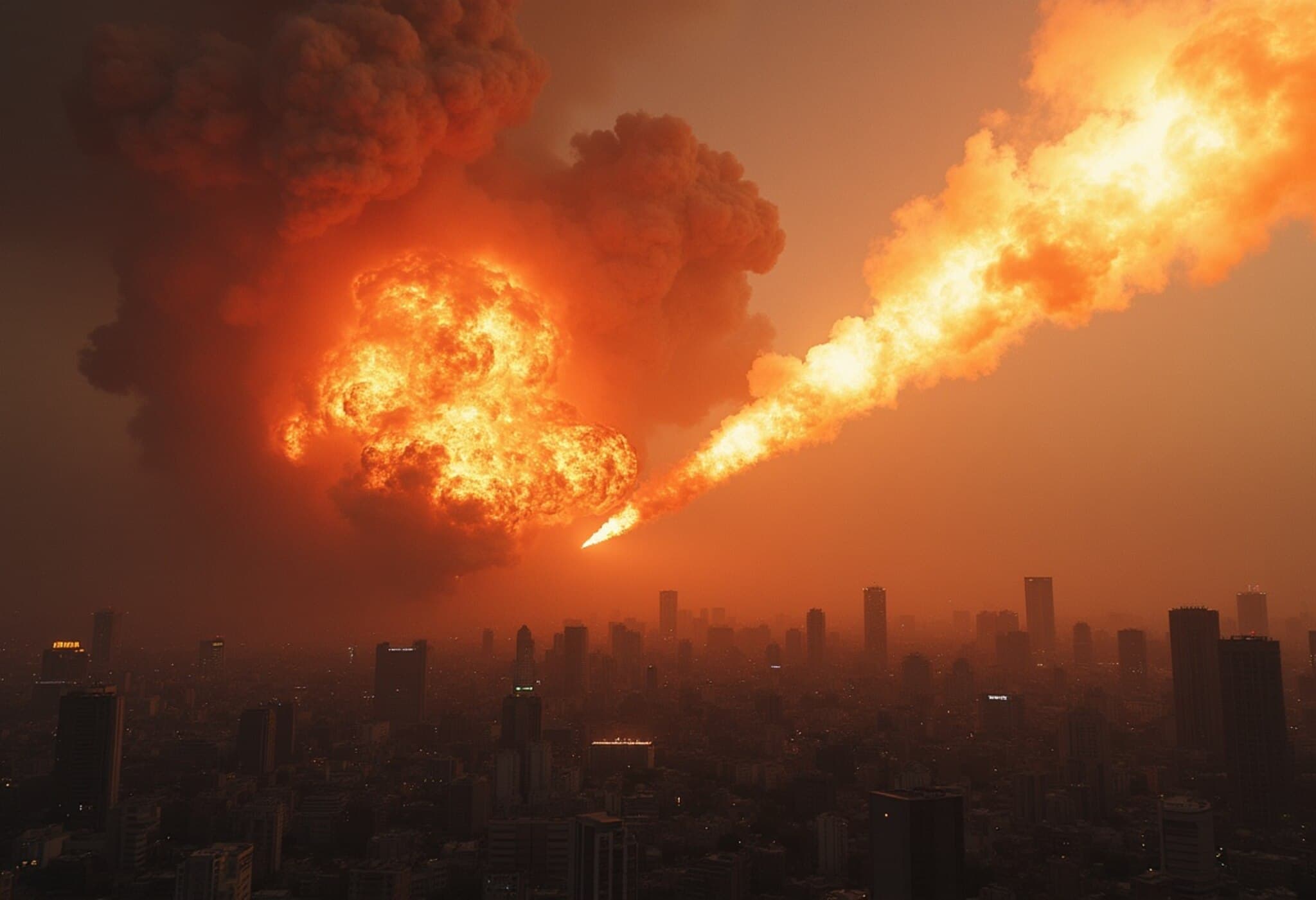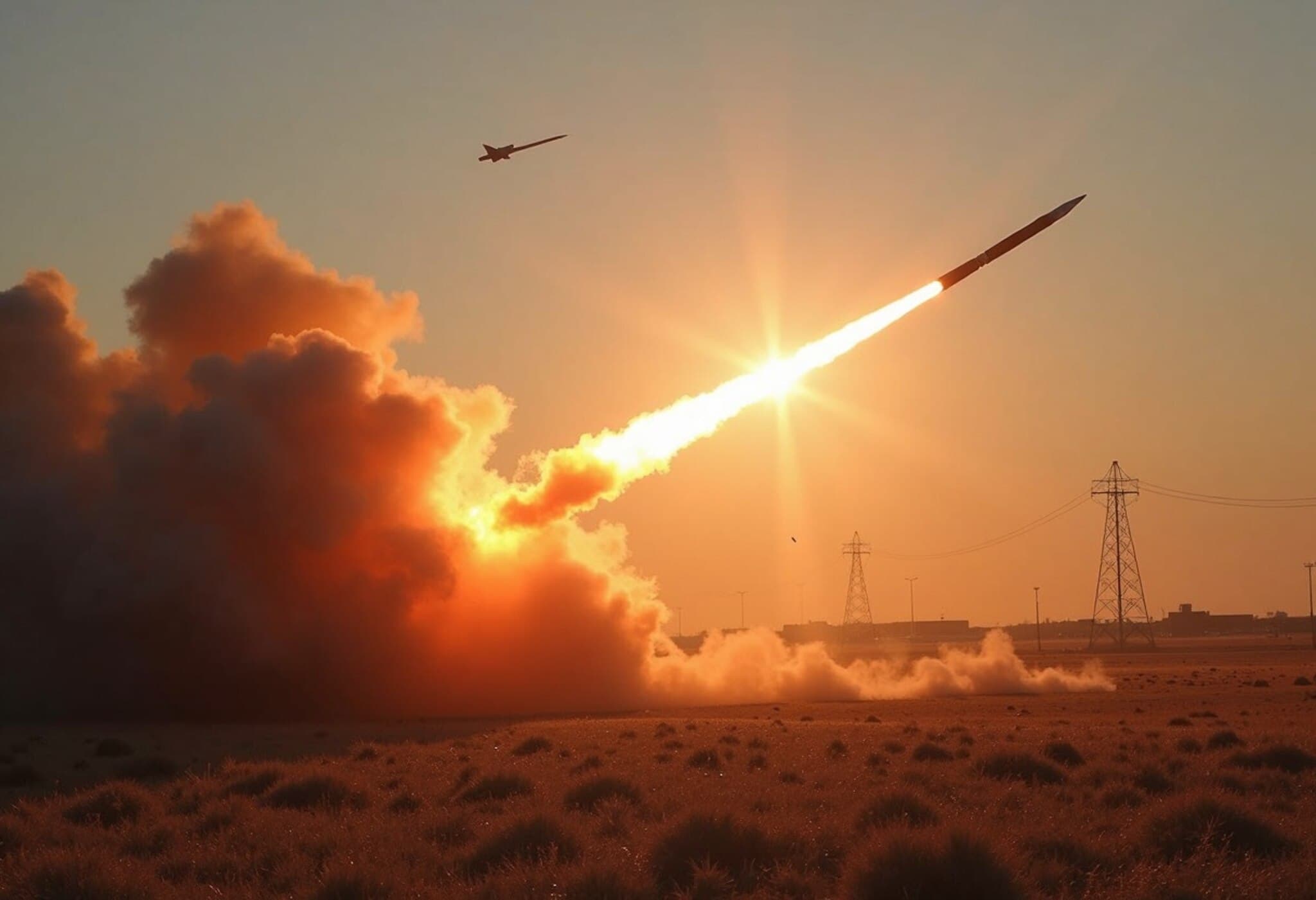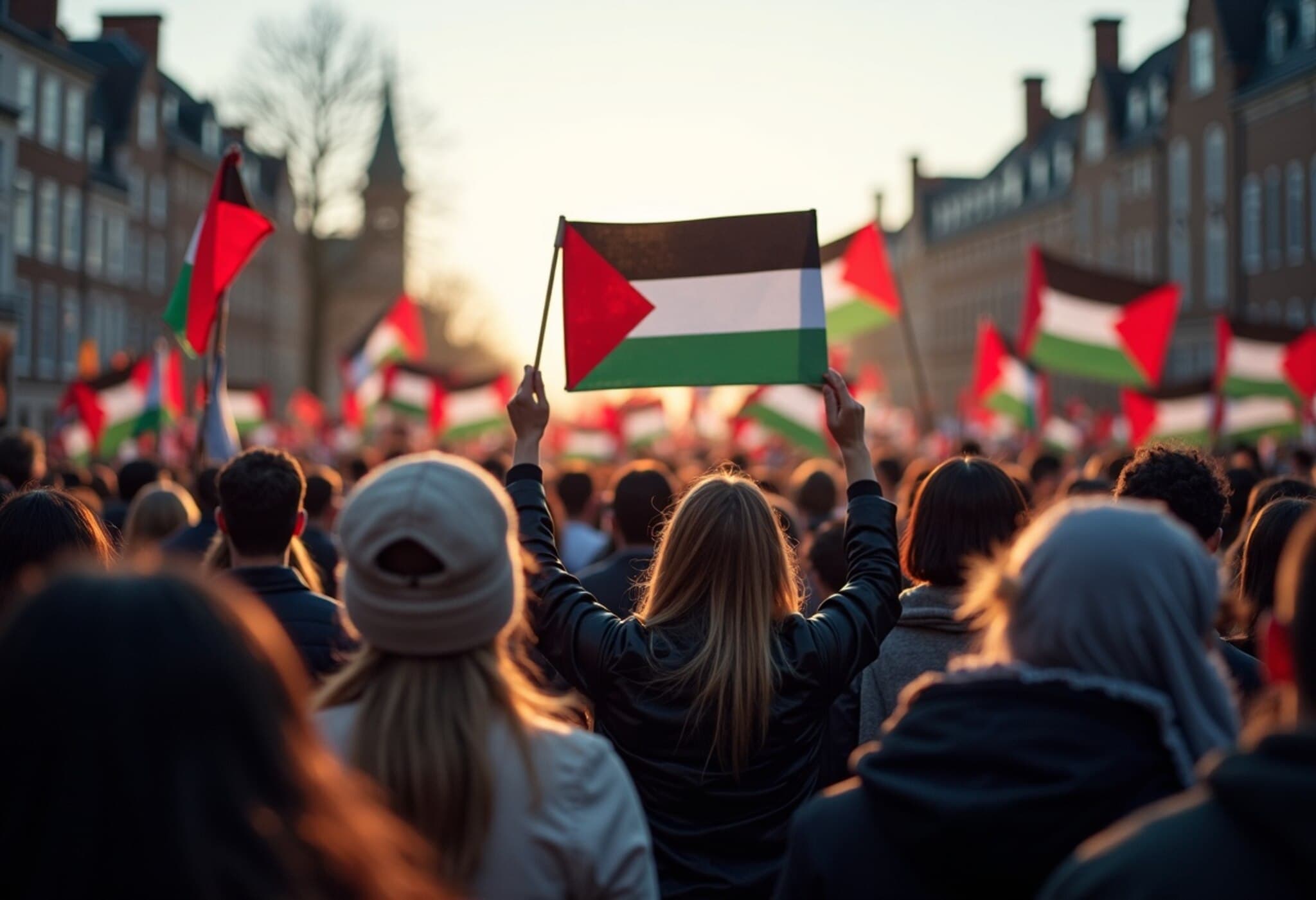Indian Students in Iran Shifted to Safer Locations Amid Escalating Tensions
As hostilities between Israel and Iran intensify, Indian authorities are taking active measures to ensure the safety of their nationals stranded in Iran. More than 1,500 Indian students, mostly from Jammu and Kashmir, are currently stuck across Iranian cities like Tehran, Shiraz, and Qom, pursuing professional degrees predominantly in medicine.
Embassy Steps Up Monitoring and Assistance
The Indian Embassy in Tehran has been closely tracking the rapidly changing security landscape. In an official statement, the Ministry of External Affairs confirmed that students are being relocated to safer areas within Iran with embassy support. Additionally, other viable options for their protection and eventual repatriation are actively being explored.
Indian nationals were urged to remain calm, vigilant, and maintain communication with embassy representatives. To facilitate this, the embassy requested students and other Indian citizens to submit their details through an online form publicly shared on social media. A dedicated Telegram channel was also established to deliver timely updates.
Background: Escalating Military Conflict
The recent surge in hostilities began when Israel launched a surprise offensive named "Operation Rising Lion" targeting Iranian military leadership and nuclear sites. Iran struck back with air raids, igniting a missile exchange that has continued unabated in the last several days. Both countries have communicated stern warnings: Israel signaling an escalation of its campaign, while Iran has threatened severe retaliatory measures.
Local Leadership and Family Appeals
Amid growing concern, Jammu and Kashmir's Chief Minister engaged in discussions with India's External Affairs Minister to seek support for the stranded students from the Union Territory. Families of these students have appealed directly to the Prime Minister and external affairs ministry for swift intervention to ensure their safe return.
What Lies Ahead?
The situation remains fluid with no immediate end in sight to the conflict. The Indian government continues to prioritize the security and welfare of its citizens abroad while navigating complex diplomatic channels. The focus remains on phased relocation, safety assurance, and finding feasible pathways for evacuation if necessary.
Amid uncertainty, the resolve to protect Indian students stands firm, underscoring the critical need for humanitarian consideration during geopolitical tensions.

